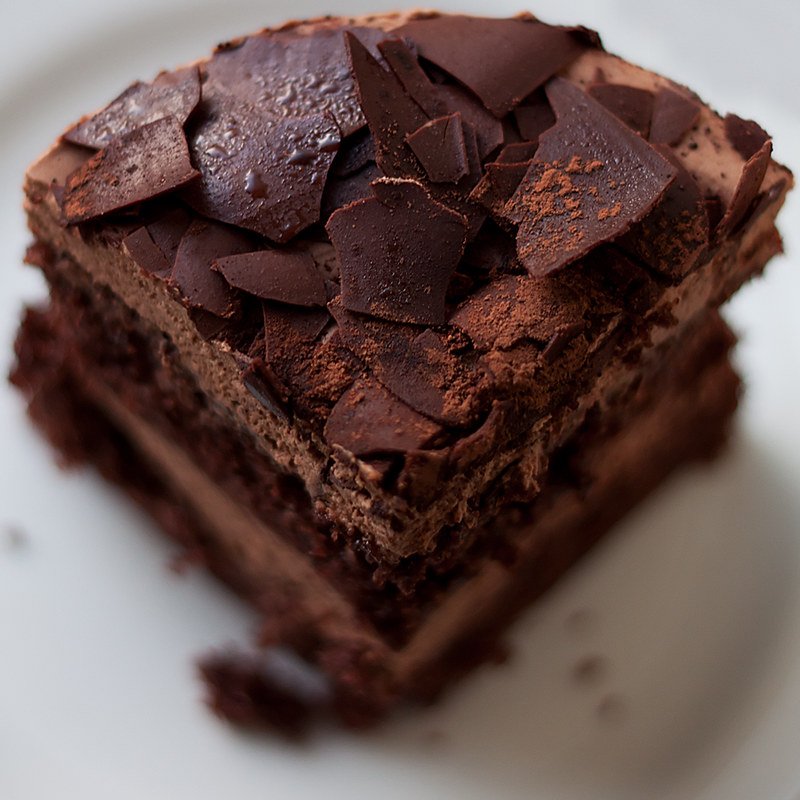Indian Child Welfare Novel: Lessons in Cooking Coded Cake
If you're getting silenced, or an attempted silence, as an artist/writer this is a sign you're doing something right. The ACLU has extensive documentation about the rights of artists to speak our minds and advocate for communities. Intimidation tactics from white supremacists didn't stop me from writing my first novel, UNSETTLED BETWEEN, and they won't stop me from writing my "ICW" novel. Power hungry racists will always fear artists. We have a power they'll never have: the ability to move audiences to connect with a deeper sense of their own humanity. You might be wondering why I'm writing this post. It's not exactly one of my typical updates on my writing projects. Usually I use this space to brainstorm concepts in a story I'm writing, but today I'd like to talk about how fiction writers can capture real life in their pages. Moreover, how artists overcome coercive tactics meant to silence our voices.
You might be wondering why I'm writing this post. It's not exactly one of my typical updates on my writing projects. Usually I use this space to brainstorm concepts in a story I'm writing, but today I'd like to talk about how fiction writers can capture real life in their pages. Moreover, how artists overcome coercive tactics meant to silence our voices. As you already know, when I write I do so from personal experience. I take what I see around me, whether in my personal life or the lives of the people in my proximity, and I transform it into a fictional space. So there are a few ways in which I pull this off. I've had people ask me, "How can you do that and not offend people?" Well, the short answer: It can still rub certain people the wrong way. But the truth and honesty in the work will always shine through and people can't deny the craftsmanship in turning real life into fiction. At the end of the day, only the villains will become detractors. Most will be flattered. I always say, "If you don't want to be a villain in fiction, the don't be one in real life."The primary things to consider are more obvious: change names, alter places, and code oppression. The issue for white supremacists is their legacy. If you, and others around you, talk and gossip about their behavior, it's already known in the community how they are oppressive. Just enough has to come to the surface before those in higher positions of power catch wind. The system will ignore oppressive acts only as long as it has to. Once something becomes news worthy, then those in the highest reaches of power will put a stop to it. The oppressors will do everything they can to keep things from getting to a boiling point. Hence the suppressive tactics and attempts at silencing artists.
As you already know, when I write I do so from personal experience. I take what I see around me, whether in my personal life or the lives of the people in my proximity, and I transform it into a fictional space. So there are a few ways in which I pull this off. I've had people ask me, "How can you do that and not offend people?" Well, the short answer: It can still rub certain people the wrong way. But the truth and honesty in the work will always shine through and people can't deny the craftsmanship in turning real life into fiction. At the end of the day, only the villains will become detractors. Most will be flattered. I always say, "If you don't want to be a villain in fiction, the don't be one in real life."The primary things to consider are more obvious: change names, alter places, and code oppression. The issue for white supremacists is their legacy. If you, and others around you, talk and gossip about their behavior, it's already known in the community how they are oppressive. Just enough has to come to the surface before those in higher positions of power catch wind. The system will ignore oppressive acts only as long as it has to. Once something becomes news worthy, then those in the highest reaches of power will put a stop to it. The oppressors will do everything they can to keep things from getting to a boiling point. Hence the suppressive tactics and attempts at silencing artists. The last thing they want is a permanent record of their hate. Remember: we're all judged by our endings. The ones in real life, and the ones we write. If the last thing people know about you is that you're a pedophile, then everyone in the community will remember you as a pedophile. It doesn't matter how much you've done before. Preying on a child, even if that child was a vulnerable disadvantaged teen, is inexcusable. And they might think people don't know they were fired from a job working with youth. But the right people always know. The next time you see them ask, "Why were you fired from that youth organization?" Likewise, if community members read coded fiction stories divulging poorly treated vulnerable populations, those in the community will know the code. They'll know who so-and-so is, and if they don't, all they have to do is ask relatives who will ask other relatives. In small town politics, word moves fast. And the power of gossip is something no one should underestimate. Believe me when I say this: Writers are seductive monsters. Our love lulls audiences into a mind altering hypnosis. And we're very aware of what we're doing. I've said this before,"We’re persuasive colonizers seeking to intrude on your sensibilities."When taking a real event, involving real life people, I not only change their names and description, but I also layer each story with other layers of truth. So what I'm doing is stacking multiple real life situations atop each other, and this turns a true story into fiction. To be completely honest, a single interesting event in real life is not good enough to entice a reader. You have to add more and more. Like sugar is the thing that makes a cake taste great, but it's the multitude of ingredients that give you the experience of eating a cake. Otherwise, we'd all be pouring bags of sugar down our throats, lol. How the ingredients are cooked together and presented make for a complete "cake experience." Turning real life into fiction works the same way.
The last thing they want is a permanent record of their hate. Remember: we're all judged by our endings. The ones in real life, and the ones we write. If the last thing people know about you is that you're a pedophile, then everyone in the community will remember you as a pedophile. It doesn't matter how much you've done before. Preying on a child, even if that child was a vulnerable disadvantaged teen, is inexcusable. And they might think people don't know they were fired from a job working with youth. But the right people always know. The next time you see them ask, "Why were you fired from that youth organization?" Likewise, if community members read coded fiction stories divulging poorly treated vulnerable populations, those in the community will know the code. They'll know who so-and-so is, and if they don't, all they have to do is ask relatives who will ask other relatives. In small town politics, word moves fast. And the power of gossip is something no one should underestimate. Believe me when I say this: Writers are seductive monsters. Our love lulls audiences into a mind altering hypnosis. And we're very aware of what we're doing. I've said this before,"We’re persuasive colonizers seeking to intrude on your sensibilities."When taking a real event, involving real life people, I not only change their names and description, but I also layer each story with other layers of truth. So what I'm doing is stacking multiple real life situations atop each other, and this turns a true story into fiction. To be completely honest, a single interesting event in real life is not good enough to entice a reader. You have to add more and more. Like sugar is the thing that makes a cake taste great, but it's the multitude of ingredients that give you the experience of eating a cake. Otherwise, we'd all be pouring bags of sugar down our throats, lol. How the ingredients are cooked together and presented make for a complete "cake experience." Turning real life into fiction works the same way. Saying so-and-so is a racist and oppresses every dark skinned person they encounter is intriguing in the most awful way possible, but when you add that so-and-so has an opiate addiction and throws women under the bus--now we're getting deep and dirty. Take that and add how their child is a meth addict and they've used their power to clear criminal charges; then all of a sudden it's getting really real. But you get the picture. It's taking multiple real life events from different people around you and smashing them together.Writers sacrifice for the solitude needed to capture an entertaining version of real life. Ultimately, no matter how "literary," that's what we're doing, that's our job: to entertain. Audiences love stories flavored with the sweetest truth, savoring each bite like the latest gossip in town. They will read and reread pages in your novel to chew on the layers, to find the truth about the people they know. Now can you imagine anything better than cake?
Saying so-and-so is a racist and oppresses every dark skinned person they encounter is intriguing in the most awful way possible, but when you add that so-and-so has an opiate addiction and throws women under the bus--now we're getting deep and dirty. Take that and add how their child is a meth addict and they've used their power to clear criminal charges; then all of a sudden it's getting really real. But you get the picture. It's taking multiple real life events from different people around you and smashing them together.Writers sacrifice for the solitude needed to capture an entertaining version of real life. Ultimately, no matter how "literary," that's what we're doing, that's our job: to entertain. Audiences love stories flavored with the sweetest truth, savoring each bite like the latest gossip in town. They will read and reread pages in your novel to chew on the layers, to find the truth about the people they know. Now can you imagine anything better than cake?
(Images were borrowed from pixabay, pxfuel, piqsels and flickr)